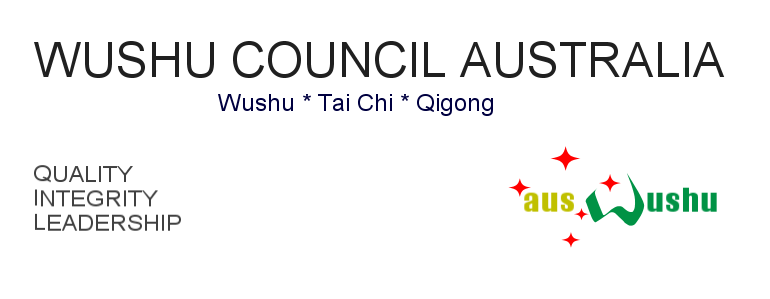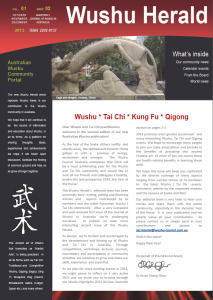The International Journal of the History of Sport
Paul Bowman
Published online: 25 Aug 2016
Abstract
This paper examines key ways in which ideas such as ‘tradition’, ‘authenticity’, and ‘history’ are deployed in discourses around Asian martial arts. First introducing how such concepts are used in national contexts such as Korea and elsewhere in East Asia it then examines the case of a dispute between two English language writers on martial arts. It examines these different cases to illustrate the ways that ‘tradition’, ‘authenticity’, and ‘history’ can be deployed for different ideological ends, from nationalism to personal self-advancement, in different contexts. In doing so, the paper theorizes the consequences of antagonisms that have recently arisen between common beliefs about certain Asian martial arts and historical studies that challenge such beliefs. It concludes that the discursive status of ‘history’ is not fixed or permanent, but varies depending on context. This is the case to such an extent that the status of ‘history’ can be said to have changed decisively. Ultimately, the paper argues for the value of rigorous scholarship even when it runs counter to cultural beliefs, and highlights the significance of such scholarship for showing the ways in which martial arts history matters in more contexts and registers than martial arts alone.
Full Text available: http://www.tandfonline.com/doi/full/10.1080/09523367.2016.1212842


